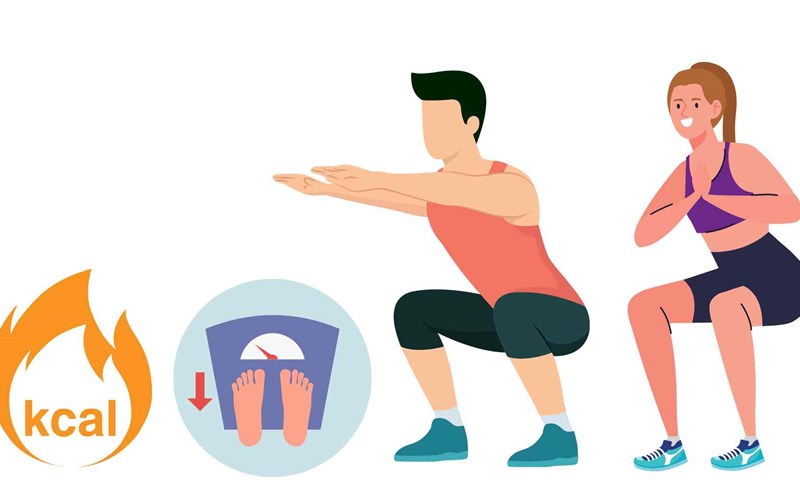The burden on the kidneys and liver
Protein is an essential nutrient for muscle growth, hormones and energy. However, when absorption exceeds demand, the body has to work too hard to process excess. The National kidney Foundation warns that high protein intake creates a lot of Nitrose, waste that the kidneys have to filter, which can cause stress or impaired kidney function in the long run.
A long-term protein-rich diet can reduce the kidneys ability to filter blood, especially in people with underlying diseases, says Dr Archana Batra, a nutritionist and diabetes educator in India. Signs such as fatigue, edema, cramps and repeated urination are early warnings to pay attention to.
Not only the kidneys, the liver, but also the organ responsible for protein metabolism, are affected if they have to process too much of this substance. Over time, this can lead to fat accumulation or impaired liver function, especially in people with chronic liver disease.
Risk of cardiovascular disease and osteoporosis
A study in the Circulation Journal (USA) shows that a diet high in animal protein, especially from red meat and whole milk, can increase bad cholesterol and the risk of coronary heart disease. In contrast, plant or fish protein helps improve heart health.
In addition, eating too much protein can cause the body to lose calcium, leading to osteoporosis and increasing the risk of fractures over time. Research published in ISRN Nutrition shows a link between high protein intake and low bone density, especially in middle-aged women.
Eat properly to be healthy
According to Harvard Health Publishing, adult men only need about 56g of protein per day, women about 46g. This amount can be easily met with chicken breast, fish, eggs, yogurt or whole grains.
Protein is important, but it is important to balance protein, fat, and carbohydrates, says Dr. Batra. Choosing the right type and eating just enough will help maintain health, avoiding long-term risks".











